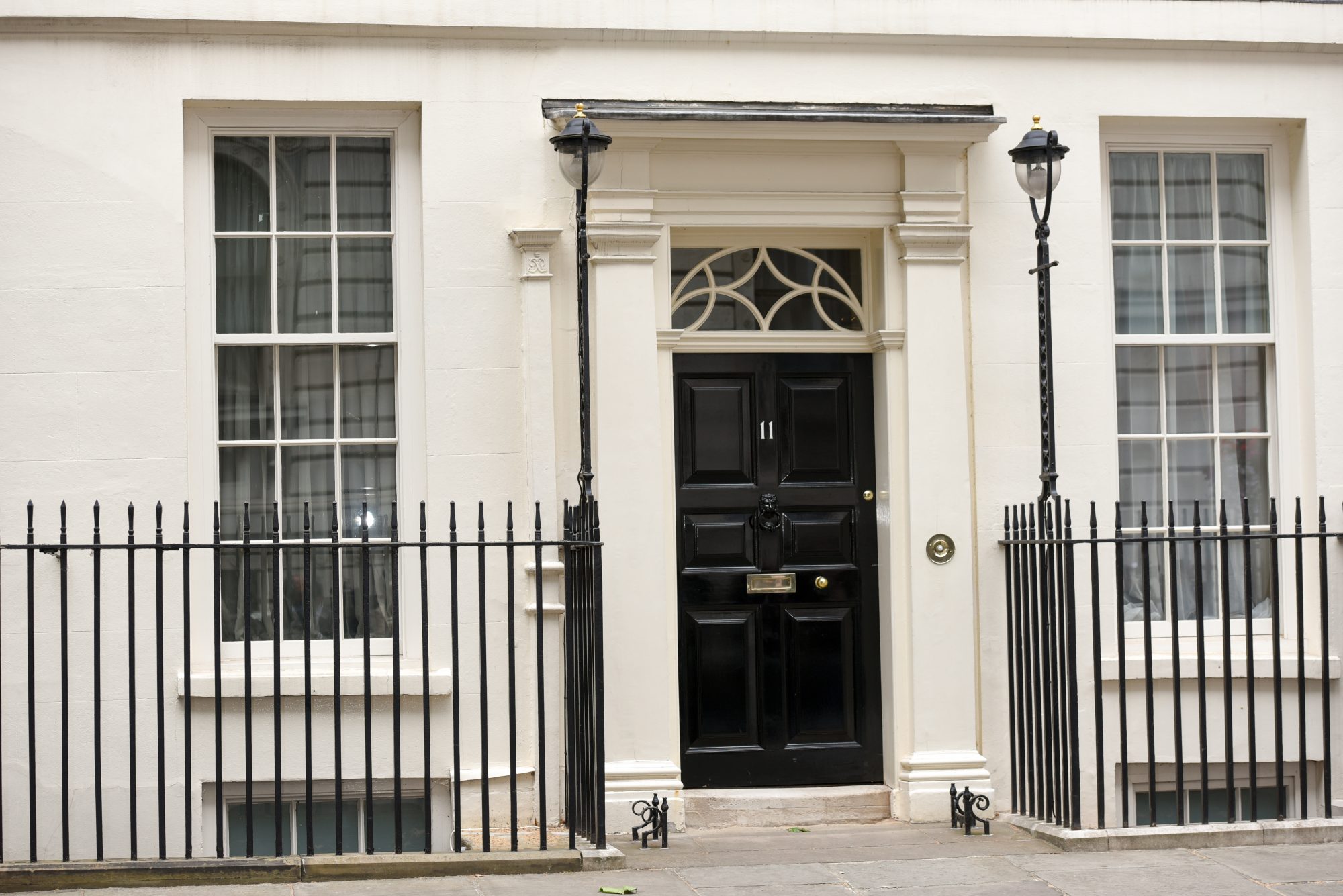You would be forgiven for having missed the fact that the Chancellor delivered his Spring Statement on Wednesday 13th March. Hidden deep beneath the Brexit debate and seemingly endless votes, the Chancellor stood up and delivered his regular update on the economy. Historically the budget was delivered in March and the statement was saved for the Autumn, but with so many legislative changes and allowances being changed in each budget, the decision was taken a couple of years ago to switch the two. So, the Spring Statement is very much an update and there are typically very few big announcements. Given the timing of this particular statement, you will not be surprised to learn that this statement was no different, big on forecasts and speculation but light on detail and windfalls.
With uncertainty abound and the prospect of an imminent no deal Brexit looming large, the OBR cut the growth forecast by 0.4%, down to 1.2% and warned of a slower growth trend in the near future as we find the new ‘normal’.
Whilst growth predictions were realigned slightly, there has clearly been an increase in the tax take for the treasury during the 18/19 year as the Chancellor was able to cut borrowing by £3bn this year. However, this is a temporary boost as it is expected to rise again next year before starting to fall year-on-year after that.
Deal windfall – In an apparent attempt to help swing through a deal for PM Theresa May, the Chancellor set out details of a £26bn war chest to help boost the economy in a post Brexit world – as long as we leave with a deal. Scant on detail of how and where this would be spent, the Chancellor said it would in part help to end austerity and referred to it as a ‘deal dividend’.
Once there is some clarity over our membership of the EU, the Chancellor confirmed that a full Government 3-year spending review would be undertaken, started before the summer recess and completed in time for his Autumn Budget.
Tech companies, the like of Facebook and Twitter, were specifically called out in the statement as Phillip Hammond stated that they must be made to pay their ‘fair share’ of taxes in this country whilst also addressing moral conduct and protecting users.
The public sector was seemingly the only major beneficiary of the statement regarding specific pledges, although even they may claim that the announcements would only see them keeping pace with inflation. There was £100m for Policing to deal with knife crime, £3bn for affordable housing and £800 for ‘non-NHS’ public spending by the middle of the next decade. Schools would also receive funding to supply free sanitary products in a bid to end ‘Period Poverty’
So, we must wait, either for a Brexit deal to be agreed, or a spending review to take place or even the next budget before we have any new announcements or ideas on personal finance or industry in general.
